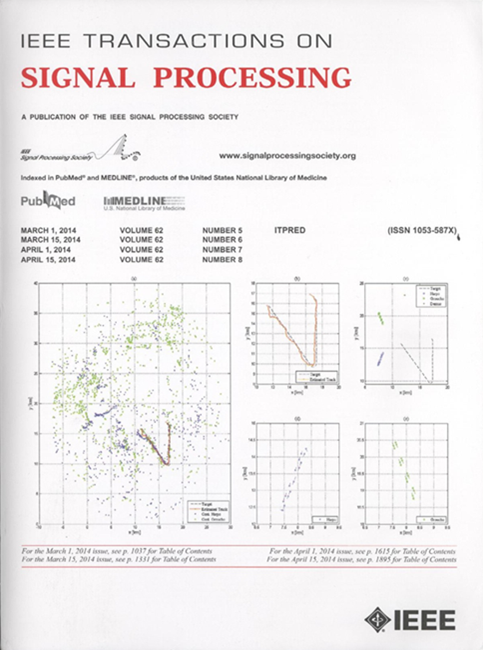基于跨任务可转移最大值熵搜索的多保真贝叶斯优化
IF 5.8
2区 工程技术
Q1 ENGINEERING, ELECTRICAL & ELECTRONIC
引用次数: 0
摘要
在许多应用中,从物流到工程,设计人员面临着一系列优化任务,这些任务的目标是以黑箱函数的形式出现的,评估成本很高。此外,对优化目标进行更高保真度的评估通常需要更大的成本。现有的多保真度黑盒优化策略选择候选解和保真度级别的目标是使当前任务的最优值或最优解的信息最大化。假设连续优化任务是相互关联的,本文引入了一种新的信息论获取函数,该函数平衡了获取当前任务信息的需要和收集可转移到未来任务的信息的目标。该方法通过实现基于粒子的变分贝叶斯更新,实现高斯过程代理模型参数上的跨任务分布传输。基于预期后悔分析的理论见解证实了跨任务获取可转移知识的好处。此外,综合和现实示例的实验结果表明,只要处理的任务数量足够多,针对未来任务的获取策略可以显著提高优化效率。本文章由计算机程序翻译,如有差异,请以英文原文为准。
Multi-Fidelity Bayesian Optimization With Across-Task Transferable Max-Value Entropy Search
In many applications, ranging from logistics to engineering, a designer is faced with a sequence of optimization tasks for which the objectives are in the form of black-box functions that are costly to evaluate. Furthermore, higher-fidelity evaluations of the optimization objectives often entail a larger cost. Existing multi-fidelity black-box optimization strategies select candidate solutions and fidelity levels with the goal of maximizing the information about the optimal value or the optimal solution for the current task. Assuming that successive optimization tasks are related, this paper introduces a novel information-theoretic acquisition function that balances the need to acquire information about the current task with the goal of collecting information transferable to future tasks. The proposed method transfers across tasks distributions over parameters of a Gaussian process surrogate model by implementing particle-based variational Bayesian updates. Theoretical insights based on the analysis of the expected regret substantiate the benefits of acquiring transferable knowledge across tasks. Furthermore, experimental results across synthetic and real-world examples reveal that the proposed acquisition strategy that caters to future tasks can significantly improve the optimization efficiency as soon as a sufficient number of tasks is processed.
求助全文
通过发布文献求助,成功后即可免费获取论文全文。
去求助
来源期刊

IEEE Transactions on Signal Processing
工程技术-工程:电子与电气
CiteScore
11.20
自引率
9.30%
发文量
310
审稿时长
3.0 months
期刊介绍:
The IEEE Transactions on Signal Processing covers novel theory, algorithms, performance analyses and applications of techniques for the processing, understanding, learning, retrieval, mining, and extraction of information from signals. The term “signal” includes, among others, audio, video, speech, image, communication, geophysical, sonar, radar, medical and musical signals. Examples of topics of interest include, but are not limited to, information processing and the theory and application of filtering, coding, transmitting, estimating, detecting, analyzing, recognizing, synthesizing, recording, and reproducing signals.
 求助内容:
求助内容: 应助结果提醒方式:
应助结果提醒方式:


